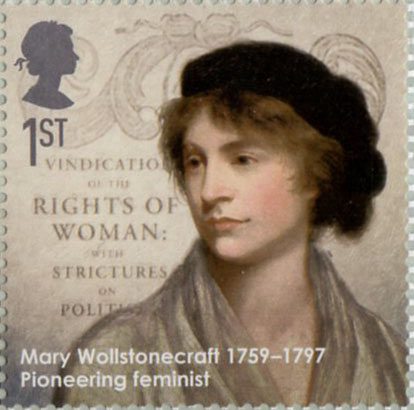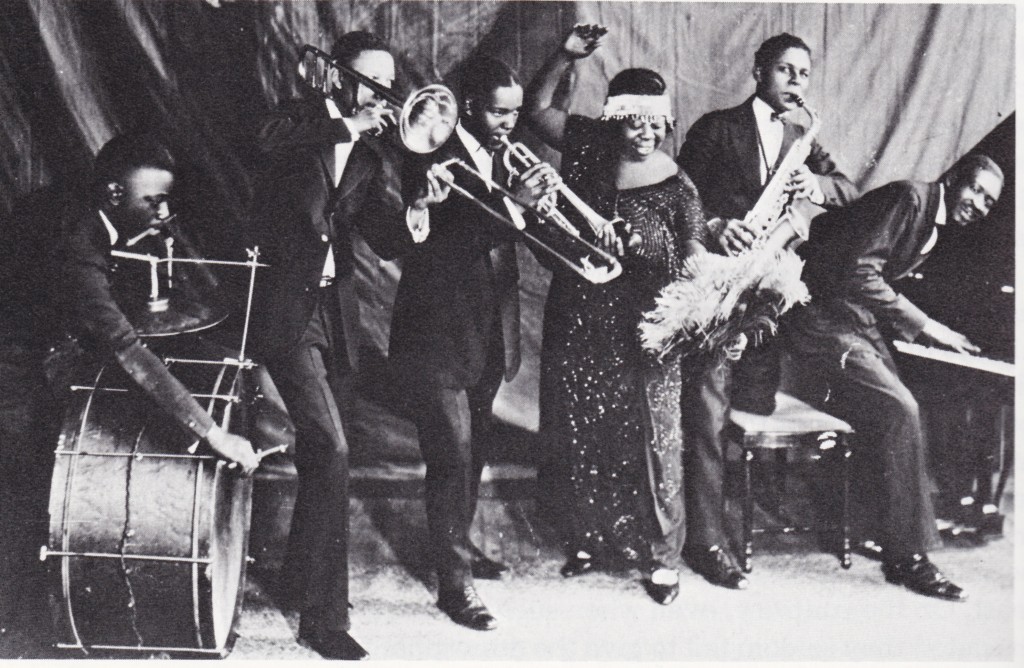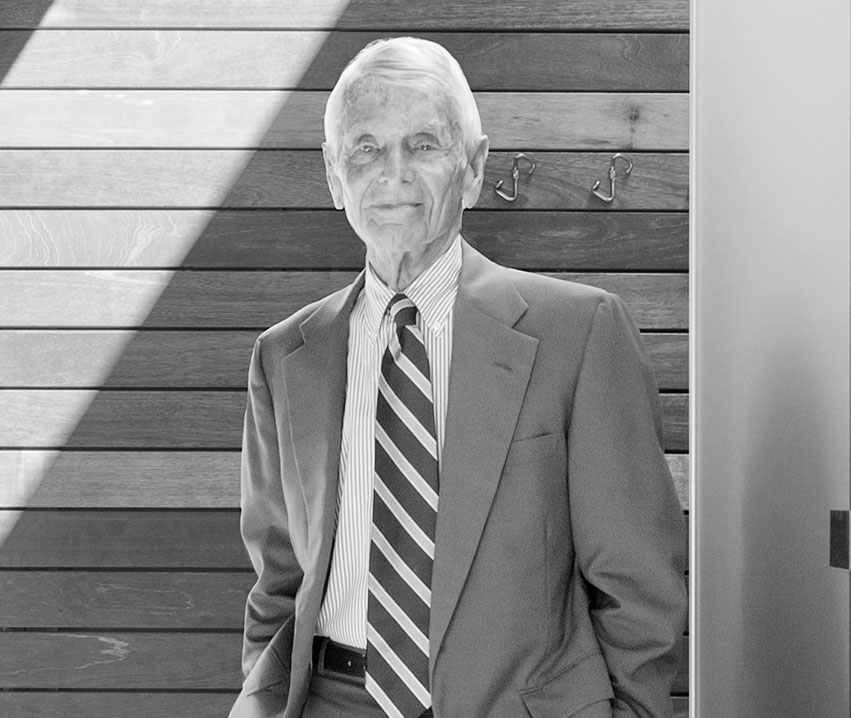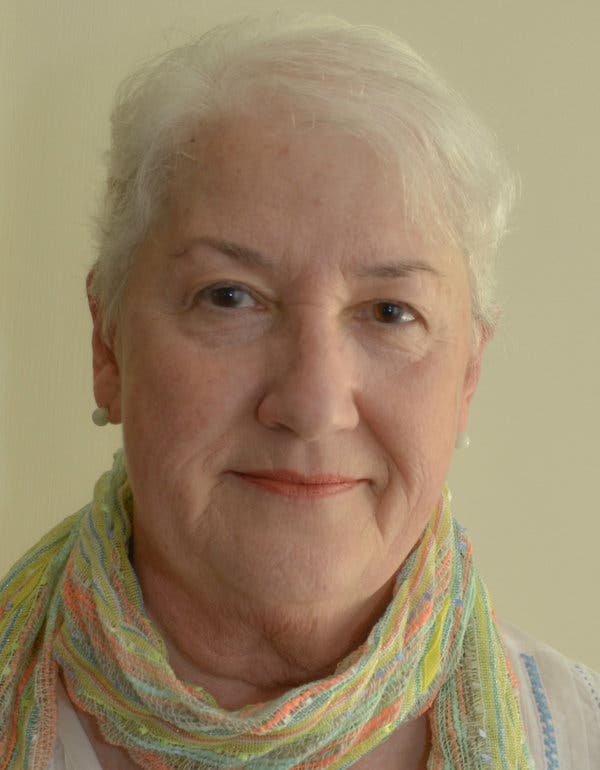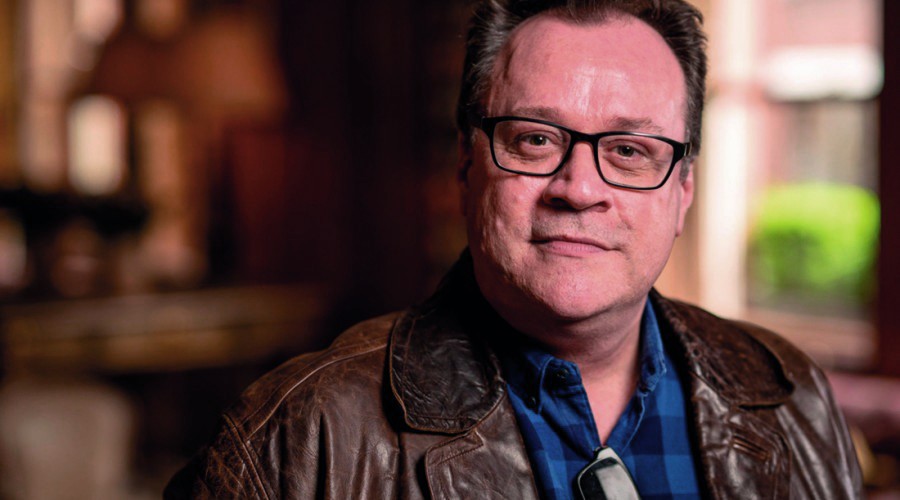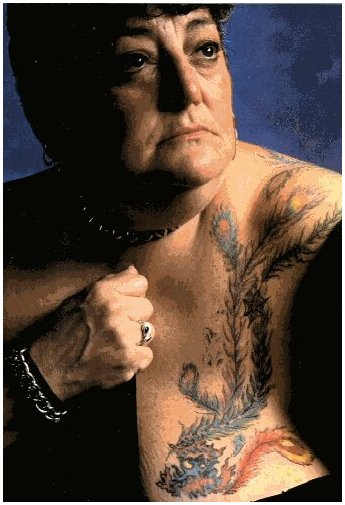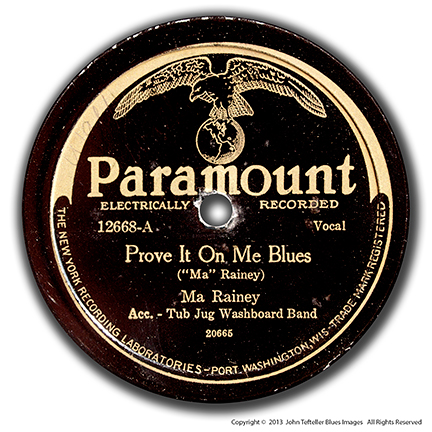April 27
MARY WOLLSTONECRAFT (d: 1797) was a proto-feminist English writer, philosopher, and advocate of women’s rights. During a brief career, she wrote novels, treatises, a travel narrative, a history of the French revolution, a conduct book, and a children's book. Wollstonecraft is best known for A Vindication of the Rights of Woman (1792), in which she argues that women are not naturally inferior to men, but appear to be only because they lack education. She suggests that both men and women should be treated as rational beings and imagines a social order founded on reason.
Both of Wollstonecraft's novels criticize what she viewed as the patriarchal institution of marriage and its deleterious effects on women. In her first novel, Mary: A Fiction (1788), the eponymous heroine is forced into a loveless marriage for economic reasons; she fulfils her desire for love and affection outside of marriage with two passionate romantic friendships, one with a woman and one with a man.
Maria: or, The Wrongs of Woman (1798), an unfinished novel published posthumously and often considered Wollstonecraft's most radical feminist work, revolves around the story of a woman imprisoned in an insane asylum by her husband; like Mary, Maria also finds fulfillment outside of marriage, in an affair with a fellow inmate and a friendship with one of her keepers. Neither of Wollstonecraft's novels depict successful marriages, although she posits such relationships in the Rights of Woman. At the end of Mary, the heroine believes she is going "to that world where there is neither marrying, nor giving in marriage".
MA RAINEY, American singer (d. 1939); The great blues singer was part of a circle of black Lesbians and bisexuals that included Bessie Smith, Jackie “Moms” Mabley, and Josephine Baker.
Rainey was one of the earliest known American professional blues singers and one of the first generation of such singers to record. She did much to develop and popularize the form and was an important influence on younger blues women, such as Bessie Smith, and their careers. Rainey was born in Columbus, Georgia. Gertrude "Ma" Rainey She first appeared on stage in Columbus in "A Bunch of Blackberries" at 14. She then joined a traveling vaudeville troupe, the Rabbit Foot Minstrels. After hearing a sad song sung a cappella by a local girl in a small town in Missouri in 1902, she started performing in this style, and claimed that she was the one who named it "blues."
In the one known interview she did, Rainey told the following story: In 1902 "a girl from town... came to the tent one morning and began to sing about the "man" who left her. The song was so strange and poignant that it attracted much attention and Rainey learned the song from the visitor, and used it soon afterwards in her "act"." Audiences reacted strongly to the song.
She married fellow vaudeville singer William "Pa" Rainey in 1904, billing herself from that point as "Ma" Rainey. She later had an unknown number of children, one being Clyde Rainey, who served in the US Navy. "Ma and Pa" pair toured with the Rabbit Foot Minstrels as "Rainey & Rainey, Assassinators of the Blues", singing a mix of blues and popular songs. In 1912, she took the young Bessie Smith into the Rabbit Foot Minstrels, trained her, and worked with her until Smith left in 1915.
Also known, though less discussed, is the fact that she was Bisexual. She was arrested in Chicago in 1925 for hosting an “indecent party” with a room full of semi-naked women. Rainey celebrated the Lesbian lifestyle in "Prove It On Me Blues", which presented a cross-dressing, man-hating persona that was quite distinct from her regular public image:
Went out last night with a crowd of my friends,
They must have been women, 'cause I don't like no men.
It's true I wear a collar and a tie, Make the wind blow all the time
They say I do it, ain't nobody caught me, Sure got to prove it on me.
The great blues singer was part of a circle of black Lesbians and bisexuals that included Bessie Smith, Jackie "Moms" Mabley, and Josephine Baker. Ma Rainey's Black Bottom is a 1982 play – one of the ten-play Pittsburgh Cycle by August Wilson – that chronicles the 20th-century African-American experience. The play is set in Chicago in the 1920s, and deals with issues of race, art, religion, and the historic exploitation of Black recording artists by white producers.
The play's title comes from Ma Rainey's song of the same name, which refers to the Black Bottom dance. Rainey, whose life as a well-known blues-singer of the 1920s is an inspiration for the play, is also the titular character. Ma Rainey's Black Bottom was published in the early 1980s and premiered at the Eugene O'Neill Theater Center. Its Broadway debut at the Cort Theatre in 1984 won a New York Drama Critics' Circle award and garnered a Tony Award nomination for Best Play.
A 2020 American film directed by George C. Wolfe and written by Ruben Santiago-Hudson, based on the play of the same name by Wilson. The film focuses on Ma Rainey, and dramatizes a turbulent recording session in 1920s Chicago.
Produced by Denzel Washington, Todd Black, and Dany Wolf, the film stars Viola Davis and the late Chadwick Boseman, with Glynn Turman, Colman Domingo, and Michael Potts in supporting roles. The project was originally announced alongside Washington's Fences in 2013 as part of his ten-picture deal with HBO. The adaptation eventually moved to Netflix, and filming commenced in Pittsburgh in 2019. Boseman died during post-production in August 2020, making Black Bottom his final film appearance; the film is dedicated to his memory.
The film has been universally acclaimed by critics, who lauded the performances of Davis and Boseman, as well as the costumes and production values. It was named as one of the ten best films of 2020 by the American Film Institute. The film received five Academy Award nominations at the 93rd Academy Awards, including Best Actress for Davis, and Best Actor for Boseman. It won for Best Costume Design and Best Make-up and Hairstyling.
Additionally, the film received eight Critics' Choice Movie Award nominations and nine NAACP Image Award nominations, including Outstanding Motion Picture, with Davis and Boseman both winning lead acting awards. Davis and Boseman also won lead acting awards for their performances at the Screen Actors Guild Awards, making history as the first Black actors to win in leading categories in the same year, both received nominations at the Golden Globes, with Boseman posthumously winning Best Actor – Motion Picture Drama.
HARRY BATES, born on this date (d: 2022), was an architect who designed scores of modernist houses on Fire Island in the 1960s and ’70s and in the Hamptons in the 1980s and ’90s, and then, with a design partner 45 years his junior, They had a surge of output and influence around the turn of the century,
Harry Bates was raised in Lake City, Fla., the second of two children of Thomas Henry Bates, a country doctor, and Mamie Fairfax Dunstan Bates. Planning to enter his father’s profession, Harry studied bacteriology at the University of North Carolina at Chapel Hill before changing his mind and transferring to the North Carolina State University College of Design, in Raleigh.
After earning a bachelor’s degree in architecture in 1952, he went to work for a Raleigh firm. But as he wrote in the magazine Hamptons Cottages & Gardens in 2016, by 1955 he realized that if he stayed in Raleigh, “I’d probably be doing the same thing 20 years down the line.” So he took a job at the New York office of Skidmore, Owings & Merrill, where he worked on the plans for three now-renowned midcentury structures — One Chase Manhattan Plaza, in the financial district, and the Pepsi-Cola and Union Carbide Buildings on Park Avenue.
When Mr. Bates, working on the East End of Long Island, he met Paul Masi, a young architect and surfing enthusiast who was looking for a job with a small firm. Mr. Bates, then 70, and Mr. Masi, 25, formed a partnership that became Bates/Masi + Architects.
Remembering their meeting, Mr. Masi told Introspective Magazine in 2014: “Here was this sincere, sensitive architect designing timeless houses. I thought, ‘That’s what I’d like to do.’” He added, “I was completely enamored of him personally and professionally.”
By the turn of the century, the partners could barely keep up with demand for their rigorously modern but inviting houses. They were allergic to anything grandiose: When clients wanted large houses, the partners tended to divide them into smaller volumes, effectively disguising them as compounds. They eschewed nonessential details and edited their own work ruthlessly, often limiting themselves to just one or two visible materials.
A house on a hilltop in Montauk is a case in point. Rather than let the building dominate the landscape, Bates/Masi broke its 7,000 square feet into two low pavilions connected by a glass bridge. The exterior is covered in bluestone and cedar and nothing else.
In the introduction to a 2015 monograph about the firm, Paul Goldberger, the former architecture critic of The New York Times and The New Yorker, called the work of Mr. Bates and Mr. Masi “fresh, sharp and original.” Their houses, he wrote, “all had an unmistakable degree of self-assurance, and they were marked by a consistent but very subtle kind of elegance.”
Bates' life partner of 30 years, Jack Coar, an interior designer, died in 2008.
LEAH NAPOLIN , a playwright best known for her play Yentl, based on Isaac Bashevis Singer's book, was born on this date (d: 2018); Napolin was a playwright novice when her friend Robert Kalfin, founder of the Chelsea Theater Center, asked her to take a crack at writing a stage adaptation of the Singer short story that had caught his eye called Yentl the Yeshiva Boy. It involved a young Jewish woman who disguises herself as a man so that she can be allowed to study the Talmud and enrolls in a yeshiva.
The Chelsea Theater Center production opened at the Brooklyn Academy of Music in 1974, and in October 1975 it made the leap to Broadway, running for 223 performances.
Second-wave feminism was ascendant at the time, and “Yentl,” a story about a woman taking control of her own life, reflected the moment.
Isaac Bashevis Singer demanded and received equal billing as playwright, although he had only minor input and did none of the writing. When Mr. Kalfin inquired about rights to the story, he found that they had already been purchased by Barbra Streisand, resulting in drawn-out negotiations and financial concessions. (Ms. Streisand’s film musical based on the same source material was released in 1983.)
Ms. Pam, now the president of the Veteran Feminists of America, an organization of women who created feminism’s second wave, said Ms. Napolin always felt that she had been shortchanged in relation to “Yentl.”
“This injustice was a lifelong painful memory for Leah, who was then inexperienced at navigating the treacherous shoals of the business end of professional theater,” Ms. Pam said. “It was also an exemplar of why a women’s movement was needed in the first place.”
Ms. Napolin attended Alfred University, in western New York State. After graduating in 1956 she acted in summer stock, worked for an anthropological research foundation and taught music in Venezuela. In 1958 she married Bertram Katz, an artist, and for a time they taught at Ohio State University.
Ms. Napolin’s rendering of the tale leaves the romantic connections ambiguous — Yentl, still disguised as a man, marries the woman Avigdor loves.
“What we’re talking about is the androgyny of the soul,” Ms. Napolin, echoing a line from the play, said in 2014, when a remounted version with songs by Jill Sobule had re-imagined the work for the age of gender fluidity. “It’s not about men and women, men and men, women and women. It’s about people.”
Ms. Napolin’s subsequent plays included The Dogs of Pripyat, about the pets left behind in the 1986 Chernobyl nuclear accident in the Soviet Union. The play was adapted into a musical that was included in the 2012 Goodspeed Festival of New Artists in Connecticut. Her book Split at the Root: A Novel in Three Acts was published in February, and a memoir, War Baby 1935-1950”.
Ms. Napolin and Mr. Katz divorced in 2000. In 2013 she married Barbara L. Murphy, who survives her, as do two daughters, Margo Katz and Jessica Starke; a sister, and three grandchildren.
STEPHEN RUSSELL DAVIES OBE FRSL born today, better known as Russell T Davies, is a Welsh screenwriter and television producer whose works include Queer as Folk, The Second Coming, Casanova, the 2005 revival of the BBC One science fiction franchise Doctor Who, Cucumber, A Very English Scandal, Years and Years, It's a Sin and Nolly.
Born in Swansea, Davies had aspirations as a comic artist before focusing on being a playwright and screenwriter. After graduating from Oxford University, he joined the BBC's children's department, CBBC, in 1985 on a part-time basis and held various positions, which included creating two series, Dark Season and Century Falls. He eventually left the BBC for Granada Television, and in 1994 began writing adult television drama. His early scripts generally explored concepts of religion and sexuality among various backdrops: Revelations was a soap opera about organised religion and featured a lesbian vicar; Springhill was a soap drama about a Catholic family in contemporary Liverpool; The Grand explored society's opinion of subjects such as prostitution, abortion and homosexuality during the interwar period; and Queer as Folk recreated his experiences in the Manchester gay scene. His work in the 2000s included Bob & Rose, which portrayed a gay man who fell in love with a woman; The Second Coming, which focused on the second coming and deicide of Jesus Christ from a mostly non-religious point of view; Mine All Mine, a comedy about a family who discover they own the entire city of Swansea; and Casanova, an adaptation of the complete memoirs of Venetian adventurer Giacomo Casanova.
Davies was in a relationship with Andrew Smith, a customs officer, between 1999 and Smith's death in 2018. They entered into a civil partnership in December 2012, after Smith was diagnosed with a brain tumour from which he was given only a 3% chance of recovering. Smith died in September 2018. Years and Years ends with a title card which dedicates the series to Smith.
MADELINE DAVIS was an American LGBTQ activist and historian who died on this date (b: 1940). In 1970 she was a founding member of the Mattachine Society of the Niagara Frontier, the first gay rights organization in Western New York. In 1972, Davis taught the first course on lesbianism in the United States titled "Lesbianism 101" at the University at Buffalo. She also participated in the founding of the HAG Theatre Company, women theatre artists presenting a lesbian stage voice, in 1994.
Davis was a founder of the Mattachine Society of the Niagara Frontier in the first quarter of 1970. She eventually became president of the organization. In the 1970s, Davis organized "Legislative Night", at which local candidates for public office, for the first time in Buffalo political history, answered questions and sought endorsements. She was a regular lecturer on the subject of human sexuality to preceptors and medical students at the University at Buffalo (U.B.), and also organized workshops and study groups. Davis marched and spoke at the first gay rights rally at the New York State Capitol in 1971, and participated in the original effort to lobby that state's legislature on behalf of the gay rights movement.
In 1972, she became the first openly lesbian delegate in a major political convention when she was elected as a George McGovern delegate to the Democratic National Convention (DNC) in Miami, Florida. At the DNC, Davis was the first lesbian to urge the party to include gay rights as part of the 1972 Democratic Party platform. Davis became a member of the Democratic Committee, and worked within the party for the acceptance of gays and lesbians.
As part of the Political Action Committee of Mattachine, she confronted the Buffalo Vice Squad on the issue of entrapment and gay bar raids. She challenged the publication of the names of gays and lesbians arrested for misdemeanors by Buffalo Evening News, and of other denigrating news articles in a number of publications. She spoke up against hate speeches by local politicians, including the District Attorney for Niagara Falls.
In 1972, along with Margaret Small, Davis taught the first course on lesbianism in the United States: Lesbianism 101 at U.B. She taught a renamed version of the course, "Woman + Woman", in 1978, with a focus on lesbian history. The interview tapes from this course's final project were used as a foundation for the 1978 Buffalo Women's Oral History Project, seeking to document the lives of older lesbians. In 1981, the Buffalo Women's Oral History Project received a $500 grant from the Astraea Foundation.
In 1973, Davis organized a Pride workshop for friends and families of gays and lesbians, which later became the local PFLAG chapter and continues to chair yearly Pride workshops on GLBT history and culture.
Davis's musical career began in the 1950s when she sang as a soloist with the University Chorale at U.B., and later with the City of Good Neighbors Chorale and the Temple Beth Zion Choir. From the mid-1950s, she performed as a folk singer in coffee houses in Buffalo, New York City, Seattle, San Francisco and Toronto. She was the lead singer for the jazz-rock band, The New Chicago Lunch, and subsequently formed The Madeline Davis Group. She began writing gay/lesbian- oriented music in the mid-1960s, and in 1971 wrote and recorded the first gay anthem in the U.S., "Stonewall Nation". In 1983, Davis produced a tape of original lesbian music titled "Daughter of All Women" which included "Stonewall Nation." For over four decades, she organized and performed benefit concerts for the gay community in Buffalo. She composed 45 songs, most with gay and lesbian themes.
Davis was involved in theater since 1957, when she played "Lampito "in a production of Lysistrata at U.B. In 1971 she wrote, directed and produced Liberella, a feminist comedy. She was a founding member of HAG Theatre, the first all lesbian theater company in the U.S. In 1988, she became a member of Buffalo United Artists, a gay-oriented professional theater company, with a performance in Last Summer at Bluefish Cove. In 1993, she received an Artie Award nomination for her portrayal of Typhoid Mary in the one-woman drama, Cookin' With Typhoid Mary by Carolyn Gage, directed by Margaret Smith.
She was also an avid quilter and gardener.
After suffering a stroke in January 2021 and due to inadequate care in rehab, her wife Wendy Smiley brought her home where Madeline was happy to be.
TODAY’S GAY WISDOM
Lyrics: Ma Rainey: Prove It On Me Blues
Went out last night, had a great big fight
Everything seemed to go on wrong I looked up, to my surprise The gal I was with was gone.
Where she went, I don’t know I mean to follow everywhere she goes;
Folks say I’m crooked. I didn’t know where she took it I want the whole world to know.
They say I do it, ain’t nobody caught me
Sure got to prove it on me;
Went out last night with a crowd of my friends,
They must’ve been women, ‘cause I don’t like no men.
It’s true I wear a collar and a tie,
Makes the wind blow all the while
Don’t you say I do it,
Ain’t nobody caught me
You sure got to prove it on me.
Say I do it, ain’t nobody caught me
Sure got to prove it on me.
I went out last night with a crowd of my friends,
It must’ve been women, ‘cause I don’t like no men.
Wear my clothes just like a fan
Talk to the gals just like any old man
Cause they say I do it, ain’t nobody caught me
Sure got to prove it on me.
Subscribe to Gay Wisdom
Would you like to have Today in Gay History (aka Gay Wisdom) sent to you daily?

